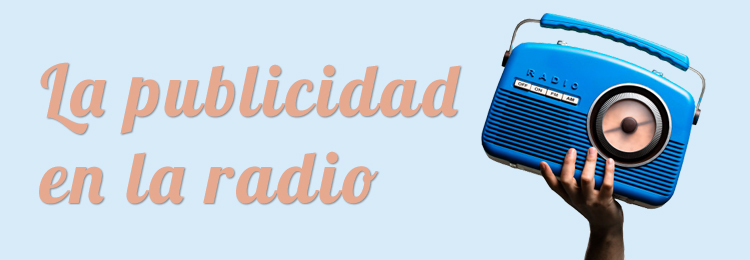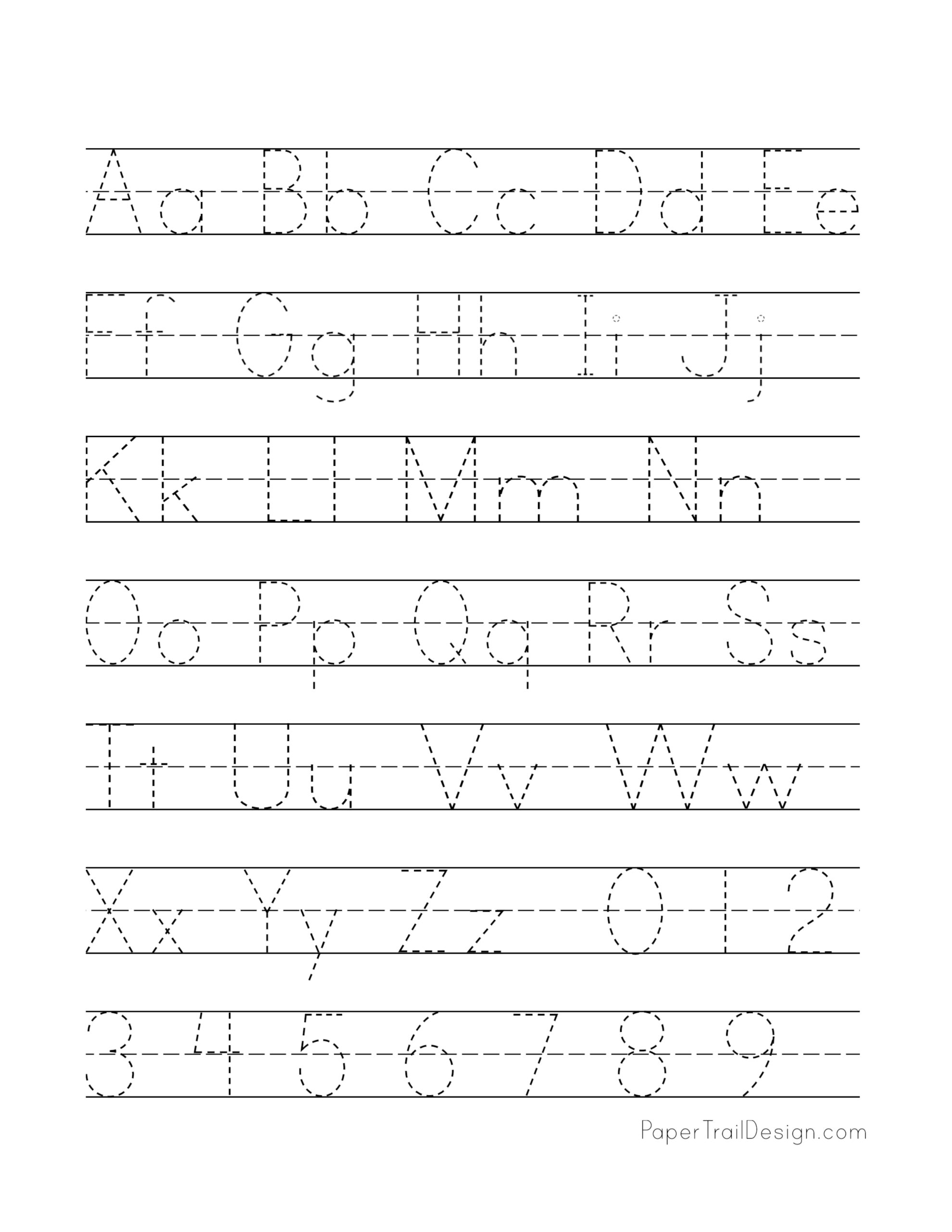Phonics alphabet cards flash
Table of Contents
Table of Contents
If you’re looking for a fun and educational way to help your child learn to read, or simply want to enhance their existing reading skills, then phonics flash cards games might be the perfect solution for you. These flash cards are designed to help children learn the sounds and patterns of spoken and written English, and have been proven to be very effective at doing so.
While phonics flash cards games can be a great tool for helping your child develop their reading skills, there are also some pain points associated with these games. For instance, some children may find them repetitive and boring, while others may struggle with certain sounds or words. However, with the right approach and support, these issues can be overcome, and your child can benefit greatly from using these flash cards.
The primary target of phonics flash cards games is to teach children how to decode words by breaking them down into their constituent sounds and recognizing the patterns that link those sounds (e.g. “cat” = c-a-t). By learning these phonetic rules, children are able to read and spell more accurately, and are better equipped to tackle new and unfamiliar words as they encounter them.
In summary, phonics flash cards games can be a highly effective tool for helping your child develop their reading skills, provided they are used in the right way. By incorporating these games into your child’s daily routine, and providing them with the necessary support and encouragement, you can help them become confident and competent readers in no time.
The Benefits Of Phonics Flash Cards Games
Phonics flash cards games offer numerous benefits for children of all ages and abilities. Firstly, they provide a fun and engaging way to learn the sounds and patterns of English, which can help to maintain your child’s interest and motivation over time. Additionally, by practicing with these flash cards, your child will become more familiar with key phonetic rules, which will help them to read and spell more accurately.
Personally, I have found that using phonics flash cards games has greatly improved my child’s literacy skills. Not only has she become more confident and competent at reading, but she has also developed a love for learning that I believe will serve her well in the years ahead.
Furthermore, by incorporating these flash cards into our daily routine, I have been able to help my child develop a solid foundation for her future academic success. Whether she goes on to become a writer, a scientist, or anything in between, I know that her literacy skills will be an asset to her in whatever she chooses to do.
How To Use Phonics Flash Cards Games
If you’re interested in using phonics flash cards games to help your child learn to read, there are several key strategies you should keep in mind. Firstly, try to make the flash cards as appealing and engaging as possible, by using bright colors and interesting images. Additionally, be sure to praise your child’s progress and efforts, and offer gentle guidance and support when necessary.
Secondly, make sure you’re consistent in your use of these games, and try to build them into your child’s daily routine as much as possible. This will help to reinforce key phonetic rules and patterns, and will also help your child stay engaged and motivated over time.
Examples Of Phonics Flash Cards Games
 Some popular examples of phonics flash cards games include matching games, where children have to match words to corresponding pictures, and word-building games, where children have to use the cards to create new words and phrases.
Some popular examples of phonics flash cards games include matching games, where children have to match words to corresponding pictures, and word-building games, where children have to use the cards to create new words and phrases.
Conclusion
In conclusion, phonics flash cards games can be a valuable tool for helping your child learn to read and develop their literacy skills. By incorporating these games into your daily routine and providing your child with the necessary support and encouragement, you can help them become confident and competent readers in no time.
Question and Answer about Phonics Flash Cards Games
Q: What age range are phonics flash cards games suitable for?
A: Phonics flash cards games can be used with children as young as 3 or 4, and are suitable for all ages up to around 8 or 9.
Q: How often should I use phonics flash cards games with my child?
A: It’s best to use these games on a daily or near-daily basis, ideally for around 10-15 minutes at a time. This will help to reinforce key phonetic rules and patterns, and will keep your child engaged and motivated over time.
Q: What are some good ways to make phonics flash cards games more engaging for my child?
A: You can try using bright colors and interesting images on the cards, and incorporating music or movement into your games (e.g. asking your child to jump up and down when they hear a particular sound). Additionally, be sure to offer lots of praise and encouragement, and to make the games as fun and engaging as possible.
Q: What should I do if my child is struggling with certain sounds or words on the flash cards?
A: If your child is struggling with a particular sound or word, try breaking it down into smaller parts and practicing each part separately. Additionally, try using a variety of different games and activities to help reinforce the phonetic pattern, and be sure to offer plenty of support and encouragement.
Gallery
FLASH CARD BEGINNER 1000 PHONICS - Mind To Mind Books Store
Photo Credit by: bing.com / phonics 1000
Phonics Game
Photo Credit by: bing.com / phonics game cards printable english kids allow memorize vocabulary learn
Phonics 26 English Letters Flash Cards Kids Montessori Games Learning
Photo Credit by: bing.com / cards montessori phonics educational letters flash learning word toys children english games baby kids
Alphabet And Phonics Flash Cards - The Toy Chest At The Nutshell
Photo Credit by: bing.com / phonics alphabet cards flash
Alphabet & Phonics Flash Cards | Catskill Mountain Country Store
Photo Credit by: bing.com / phonics






